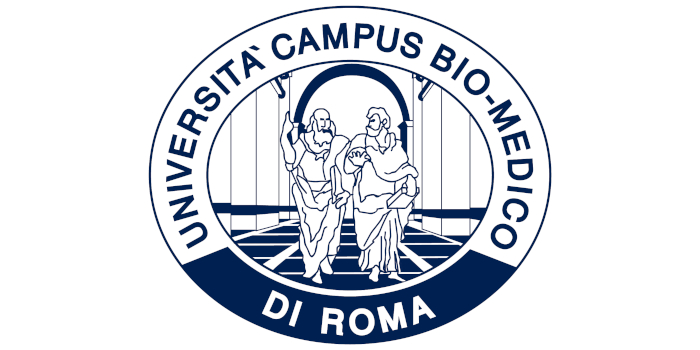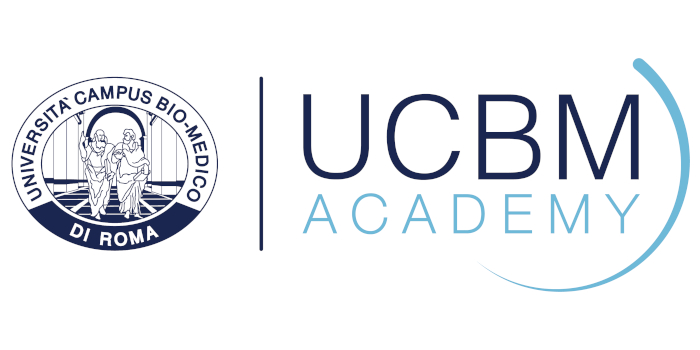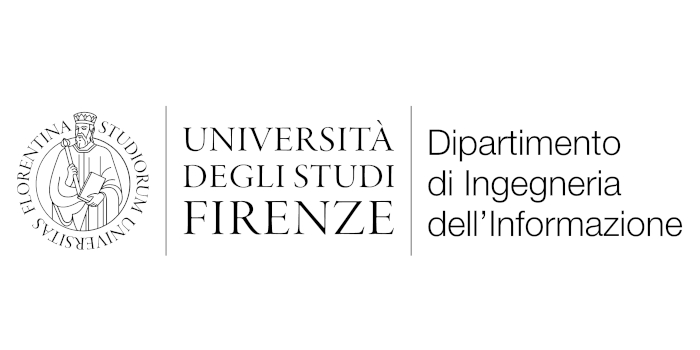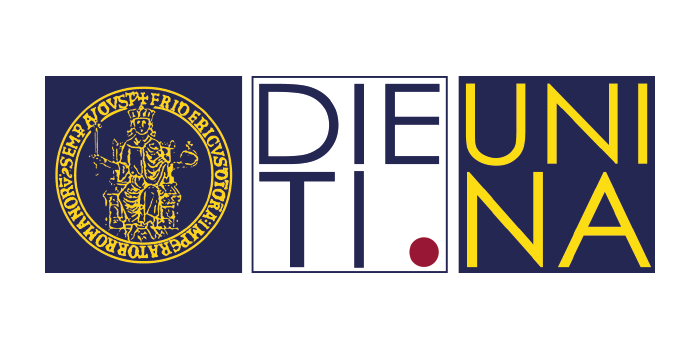SPECIAL SESSION #05
Sensor Technologies and Algorithms for Physiological Monitoring: From Occupational to Sports Applications
ORGANIZED BY
Emiliano Schena
University Campus Bio-Medico of Rome, Italy
Andrea Nicolò
University of Rome Foro Italico, Italy
Bruno Andó
University of Catania, Italy
Fabrizio Marra
Sapienza University of Rome, Italy
Chiara Romano
University Campus Bio-Medico of Rome, Italy
SPECIAL SESSION DESCRIPTION
Physiological monitoring plays a crucial role in understanding how the human body responds to physical effort and environmental stress. Continuous assessment of physiological parameters contributes to the prevention of fatigue-related risks, the optimization of performance, and the promotion of long-term health and safety in various areas of daily life, including sports and occupational settings.
The growing demand for physiological monitoring in real-world scenarios is driving innovation toward unobtrusive solutions that provide reliable insights outside laboratory settings. Modern sensor technologies are becoming smaller, more accurate, and integrated into garments, protective equipment, and everyday tools, enabling continuous physiological monitoring in daily life. Despite these advances, several challenges persist, such as maintaining signal reliability during motion, ensuring long-term stability, and validating measurements under real-world environmental conditions. Concurrently, algorithms for signal processing, feature extraction, and machine learning are gaining increasingly importance for transforming sensor data into meaningful physiological information. Together, these strategies contribute to building reliable digital biomarkers and real-time decision-support tools for health and performance monitoring.
This Special Session aims to bring together researchers working on novel sensing solutions, data analysis methodologies, and real-life implementations from occupational health to sports science. Contributions focus on sensor development and integration, algorithm design, and validation studies for physiological monitoring in real-world applications.
TOPICS
The session will cover (but is not limited to) the following topics:
- Design, development and testing of sensors and measurement systems for occupational and sports applications;
- Wearable systems for physiological monitoring in occupational setting and sports;
- Development of metrics, algorithms, and advanced signal processing techniques for physiological monitoring in real-world scenarios;
- Innovative sensor-based solutions to improve workers’ well-being and safety;
- Challenges and solutions for real-time data acquisition and streaming, focusing on maintaining accuracy in real-world environments;
- Monitoring and analysis of performance in sports using innovative sensor technologies.
ABOUT THE ORGANIZERS
Prof. Emiliano Schena (Senior Member, IEEE) received the Ph.D. degree from Università Campus Bio-Medico di Roma (UCBM), Rome, Italy, in 2007. He is a Full professor of Measurements and Sensors, Rector's delegate for the Research Valorization and Lifelong learning, and Course Director of the “Biomedical Engineering Bachelor’s Degree Course” with UCBM. He is Adjunct Professor with Arkansas University. He IEEE Senior member, officers of the IEEE Italy Section, Counselor of the IEEE Student Branch of Università Campus Bio-Medico di Roma and Co-Founder of HEREMOS s.r.l.
Andrea Nicolò received his Ph.D. in Sports, Exercise and Ergonomics (2015) from the University of Rome “Foro Italico”, and he is currently an Associate Professor at the same University. His research focuses on breathing monitoring in different sports and on the mechanisms underlying the control of breathing during exercise. He has worked on different research projects funded by major national and international sports companies, with the aim of developing new exercise tests and training metrics or validating training devices and related algorithms. He is the chair of the “Sports Sensors” technical committee of the IEEE Sensors Council Italy Chapter.
Prof. Bruno Andó is a full professor of Measurement Science at the Department of Electric, Electronic, and Information Engineering (DIEEI) of the University of Catania, Italy. He is also guest professor at the Mid Sweden University, Sweden. Prof. Andò’s research focuses on smart sensing systems, sensor networks, and advanced signal processing techniques. He has made significant contributions to the development of innovative sensors, including inkjet-printed and flexible devices, biosensors, and systems based on novel materials such as ferrofluids and multiferroics. His work also extends to embedded sensing systems for Assistive Technologies and Active and Assisted Living. Prof. Andò has played a prominent role within the IEEE Instrumentation and Measurement Society (IMS), of which he is a member of the AdCom. He has published more than 400 papers in international Journals and Conferences.
Fabrizio Marra (Member, IEEE) received the B.S. degree in Computer Engineering, the M.S. degree in Nanotechnology Engineering, and the Ph.D. degree in Materials, Technologies, and Complex Industrial Systems Engineering from Sapienza University of Rome, Italy. Since March 2025, he has been an RTT Researcher with the Department of Astronautical, Electrical, and Energy Engineering and CNIS, Sapienza University of Rome. During his M.S. studies, he participated in the Erasmus+ program at Aalto University, Espoo, Finland. He was also a visiting researcher at the Institute of Science and Technology of Polymers (CSIC-ICTP), Madrid, Spain, during his Ph.D. His research focuses on the design and development of nanostructured and multifunctional composite materials for electromagnetic interference (EMI) shielding, radar-absorbing materials (RAM), wearable sensors, and structural health monitoring applications. He has authored more than 20 publications in international journals and conferences, contributed a book chapter, and co-authored one internationalized Italian patent in collaboration with Leonardo S.p.A., describing an innovative multilayer radar-absorbing laminate.
Chiara Romano (Student Member, IEEE) received the M.Sc. (cum laude) degree in biomedical engineering from the Università Campus Bio-Medico di Roma (UCBM), Rome, Italy, in 2021, where she is currently Post-Doc Researcher. Her main research interests include the design, development, and testing of wearable devices for monitoring physiological parameters mainly in occupational and sports fields.



















